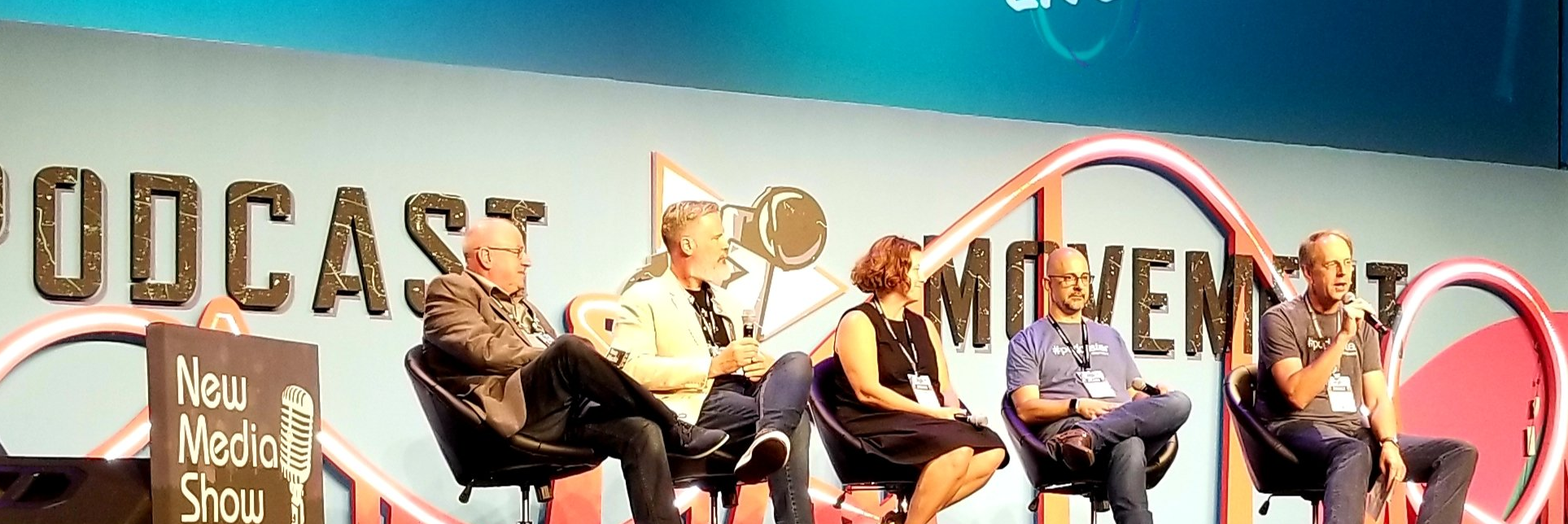I have been hearing some radio broadcasting folks make posts to blogs about how to best produce a podcast and must comment on the topic, as it hits at the core of why radio and podcasting industries have not been more connected.
I think that podcasting is significantly different than radio broadcasting and it is not the same medium.
In podcasting, the content “segment” is rarely related to a commercial break in the program format. Most ads and sponsor messages are best delivered as part of the flow of regular content. In podcasting, you rarely need to use exit music or the concept of “we are leaving” and coming back after this message.
My experience is that well produced podcasts do have a structure to the format that is led by the type of content or titled parts of the show that are very loosely timed in the program as you are not needing to hit a certain time clock on the production. The thing about program length is that it does not need to fit some standard model like radio does and thus presents the opportunity to give the appropriate length that is wanted by the audience and what producers wants to produce. The length issue is a more important factor in different genres of podcasts programs – no one size fits all.
The thought shared was that all podcasts should be short and the issue of listening duration, “see how people stick around” thought is missing the real point here: podcasts are more about engagement and are more personal than “radio”. Podcasts just don’t have the channel flipping issue that radio has, as it is more difficult to change to another podcast episode than to change a station on your radio dial. Podcasts are on-demand and can be continued later, as opposed to radio which mostly airs live or on replay. If you missed it, “Sorry”. The content is never able to be heard on the listener’s timeframe.
I believe that podcasts and typical radio show formats can co-exist, but the folks coming from radio to podcasting need to spend some time to learn from successful podcasters and podcasters can learn some other things from the professional radio broadcasters. Both should not view each other as the same thing or same medium. Both require a certain set of core skills that are the same, but both sides need to understand how each is uniquely best.
Listen below to episode #2 of “My Digital Life Show with Rob Greenlee”, as I discuss the above topic.
